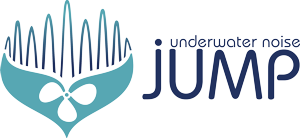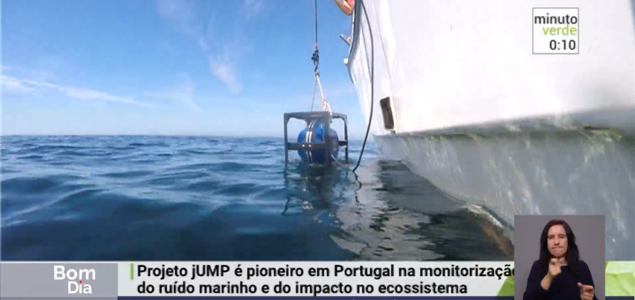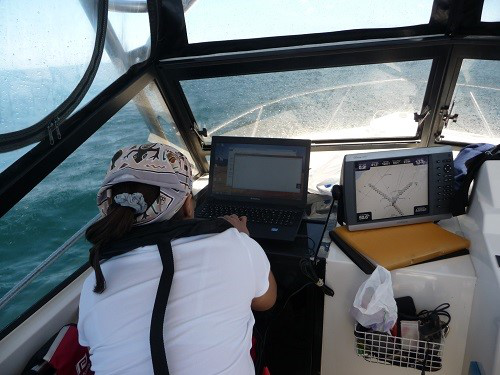News
Last September the 29th took place the last snapshots of the jUMP project!
Underwater noise measurements were once again carried out in the Algarve, off the island of Armona. This time the campaign had the collaboration of the Algarve fishing company with the participation of WavEC and the jUMP project partners FCUL and ISPA.
The analysis of the collected acoustic data, which allows us to characterize the underwater noise levels along the Portuguese coast, will be released soon!
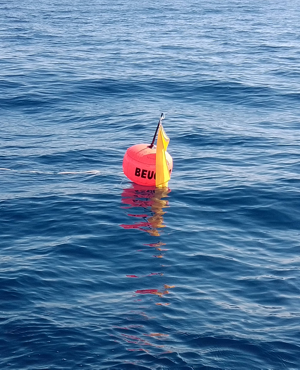
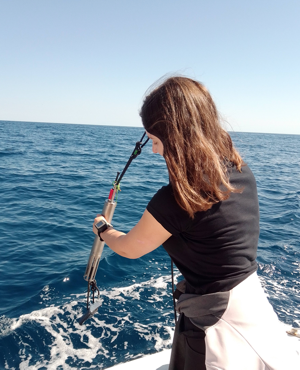
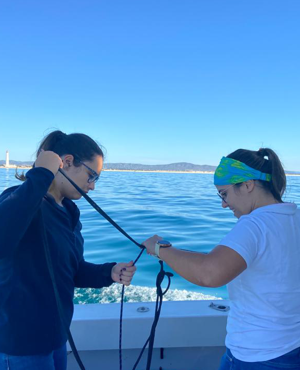
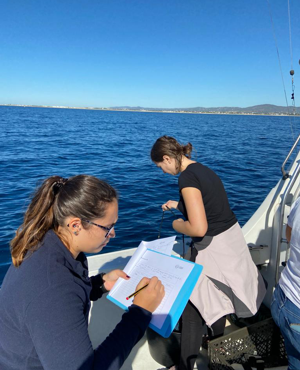
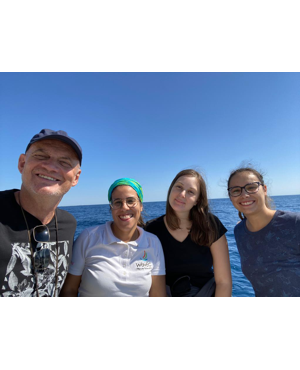
The third campaign of the jUMP project was held on the 2nd of July
As in the first snapshot, underwater noise was monitored off the coast of Aveiro. This campaign was carried out in collaboration with the company Ria Príncipe and with the participation of WavEC and partners FCUL, ISPA and LNEC
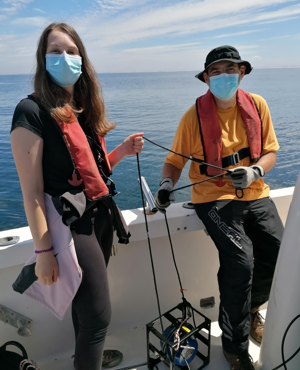
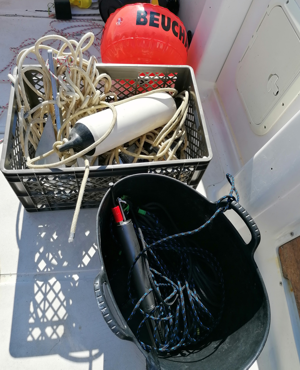
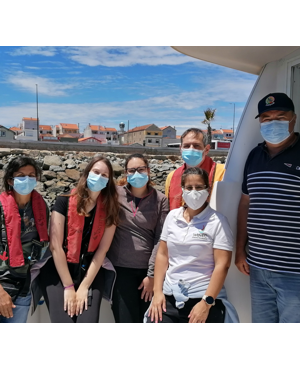
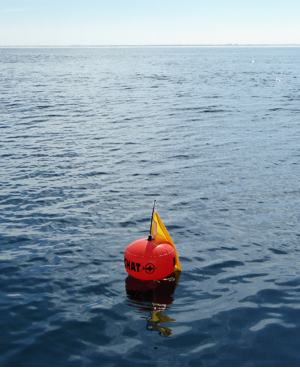
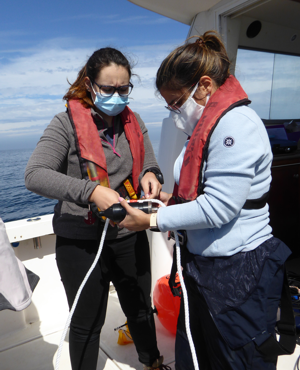
Underwater noise measurements off the Island of Armona
On May the 14th, the second campaign of the jUMP project took place! This time the underwater noise measurements were taken off Ilha da Armona, in the Algarve, Portugal. This snapshot had the collaboration of ICNF of the Ria Formosa Natural Park and, once again, the participation of WavEC and ISPA partners - Instituto Universitário, FCUL - Faculty of Sciences of the University of Lisbon and LNEC - National Laboratory of Civil Engineering.
Soon we will be disclosing some of the recorded sounds that characterise the data collection area!
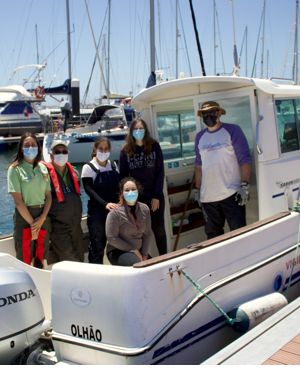
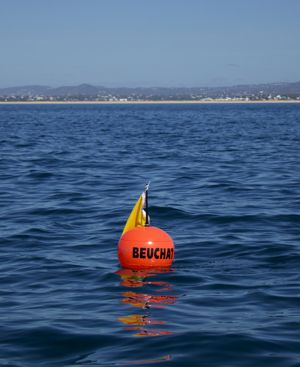
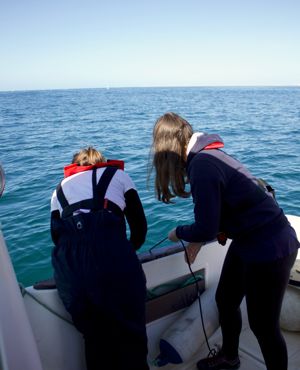
The first snapshot!
Last Tuesday, 16th of March we carry out the first snapshot of the project! After a long time waiting, we had the opportunity to go to Aveiro to collect the first records to characterize underwater soundscape along the Portuguese coast. We counted on WavEC and the partners ISPA - Instituto Universitário, FCUL - Faculty of Sciences of the University of Lisbon and LNEC - National Laboratory of Civil Engineering.
These data will be used for calibration of sound propagation models and raising awareness of the problem of underwater noise pollution and its potential impact on the continental waters of Portugal.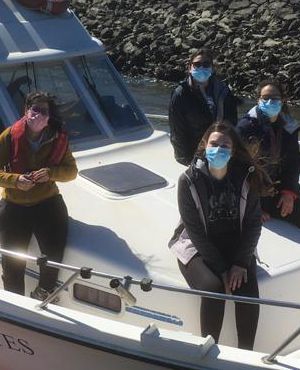
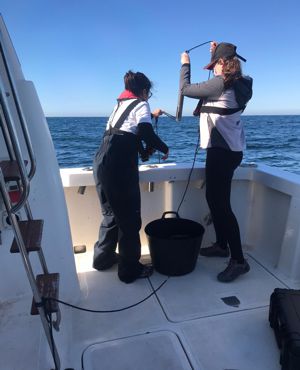
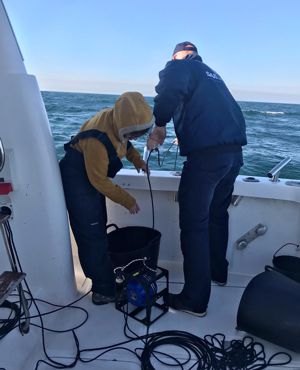
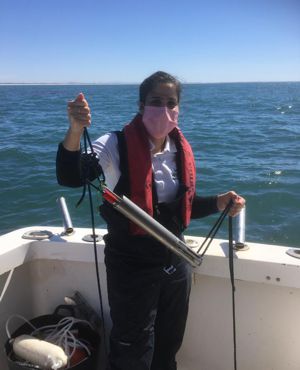
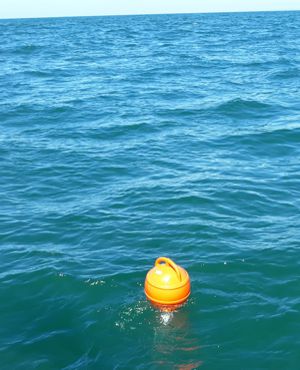
PRESS RELEASE
23 March 2021
jUMP project launches pioneering initiative in Portugal to monitor underwater noise
The jUMP project provides catalogues of underwater recordings existing in Portuguese marine waters.
The jUMP project is a joint action for underwater noise monitoring in Portuguese waters, co-financed by Fundo Azul. It has published an inventory set up of three catalogues related to human noise-generating activities, sensitive marine species and underwater acoustic records carried out to date in Portuguese marine waters, including Madeira and the Azores Islands.
Produced between March 2020 and January 2021, these catalogues represent the first systematic compilation made available to the general audience, on activities related to underwater noise in Portuguese waters, the predominant noise sources, and the potentially affected species.
Currently, there is no baseline data for underwater noise in Portugal. Many acoustic-sensitive animals, from invertebrates to marine mammals, occur in Portuguese waters. However, the information available on the spatial and temporal distribution of sensitive species is insufficient. Underwater noise can cause different effects on aquatic life, and most studies indicate changes in behaviour (e.g. acoustic behaviour of acoustic active species; distribution patterns, changes or disruption of behavioural states such as looking for food or mating behaviours).
The inventory shows that maritime traffic is the most prevalent underwater noise source and is the focus of most impact assessment studies. In addition to maritime traffic, there are also other activities such as dredging, installation and operation of offshore marine renewable energies, maritime works, seismic surveys, use of sonar, aquaculture, and fishing, contributing to Portuguese underwater soundscape.
Understanding and monitoring the potential impacts of anthropogenic sources on sensitive species will contribute to the regulation of underwater noise and mitigation of adverse effects on the marine environment.
PRESS RELEASE
09 April 2020
jUMP project launches pioneering initiative in Portugal to monitor underwater noise
WavEC Offshore Renewables is pleased to announce the jUMP project, a joint action for underwater noise monitoring in Portuguese waters, with funding from National Fundo Azul. The project is coordinated by WavEC and brings together ten Portuguese partners altogether: ISPA - Instituto Universitário, FCUL - Faculdade de Ciências da Universidade de Lisboa, LNEC - Laboratório Nacional de Engenharia Civil, APA - Administração do Porto de Aveiro, S.A., MBM - Museu da Baleia da Madeira, IN2SEA - Inovação no Mar, Lda, Fórum Oceano - Associação da Economia do Mar, Oceans-on, and QUERCUS.
The jUMP project started in January 2020 and will last for two years, with a total investment of 167 thousand euros, of which 149 thousand are supported by the Fundo Azul funding mechanism. The project aims to collect and promote information regarding noise pollution. Therefore several activities will be developed, such as the collection of acoustic data, the calibration of sound propagation models and activities of sharing and debate with stakeholders and the general public.
Erica Cruz, Project Manager and Researcher in Marine Bioacoustics at WavEC informs that this project represents the first national initiative entirely dedicated to underwater noise. “We aim that the jUMP project also acts as a support tool in the implementation of the Marine Strategy Framework Directive in Portugal”, she adds.
The Marine Strategy Framework Directive (MSFD) (Directive 2008/56/EC) establishes a framework for community action in the field of marine environmental policy in order to achieve a Good Environmental Status (GES) in the marine waters of the Member States. To assess the GES, the MSFD sets out eleven descriptors that qualify the Good Environmental Status of European Union’s marine waters. Descriptor 11 refers to ways of introducing energy into the marine environment, including underwater noise.
The jUMP project aims, therefore, to implement actions to promote the discussion in the field of underwater noise and its impact on the marine environment and to develop tools to support the application of the Marine Strategy Framework Directive.

